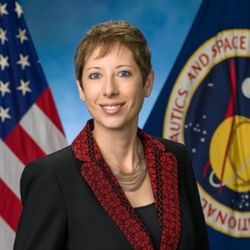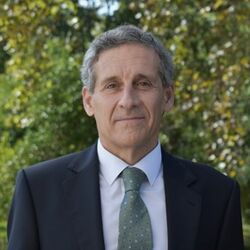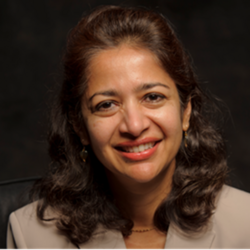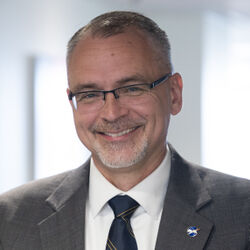The Era of Lunar Exploration has Begun
Day: Tuesday 3 October
Time: 13:45 - 14:45 AZT (GMT+4)
Location: Heydar Aliyev Center (HAC) Auditorium
In the early morning hours of November 16, 2022, the massive Space Launch System (SLS) core stage and solid fueled boosters erupted to life to launch the first human-rated spacecraft to the moon in almost 50 years. After a series of perfectly timed burns, the uncrewed Orion separated from its SLS booster after less than two hours on a path to lunar orbit. This marked the beginning of the Artemis program and ushered in a new era in space exploration and this is just the beginning!
This proposal for an Exploration Plenary features robotic and human astronautical activities under way that are focused on exploration beyond Earth. Artemis-1 was the first in a series of increasingly complex missions that will enable human exploration to the Moon and Mars. The primary goals for Artemis-1 were to demonstrate Orion’s systems in a spaceflight environment and ensure a safe re-entry, descent, splashdown, and recovery prior to the first flight with crew on Artemis II.
This plenary will discuss the beginning of the Artemis program and how future exploration objectives will be achieved. The panel will address lunar missions and how technology and infrastructure enables interoperable global lunar utilization where industry and international partners can maintain continuous robotic and human presence on the lunar surface. The panel will also touch on Artemis science accomplishments and future plans to address high priority science questions that are best done by on-site human explorers on and around the Moon and Mars, aided by surface and orbiting robotic systems.





